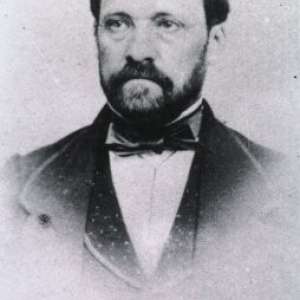
Just as capitalism’s exchange of commodities between disparate locations requires a singular referent of value, so does the movement of ideas and practices necessitate consolidations of meaning through complex fields of people, landscapes, and things. Introducing key innovations in agricultural and chemical science, Justus von Liebig’s chemical model of soil fertility involved a profound reenvisioning of organic development, distilling complex processes to a series of chemical relationships easily recognized in any geographic context.
Drawing on Henri Lefebvre’s (1984) arguments about the production of abstract space, this article argues that Liebig’s assessment of nutrient extraction was essential to a broader midcentury reconsideration and reorganization of capitalist agricultural production, an example of what world ecologist Jason Moore calls an “organizational revolution,” allowing global capitalism to overcome past limits and thus move through systemic crises.










































